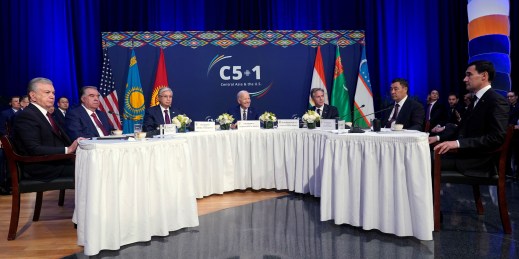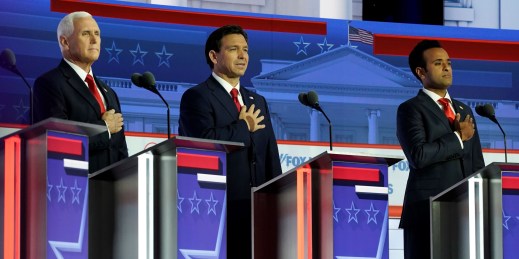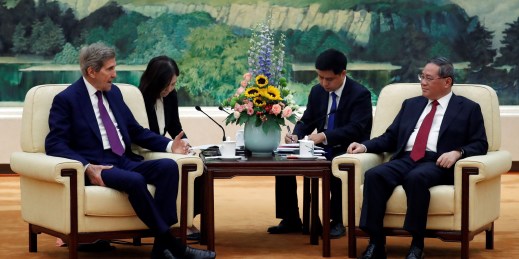
Last week, U.S. President Joe Biden met with his counterparts from the five states of Central Asia in the first-ever leaders’ summit of the so-called C5+1 format. The meeting is a step in the right direction when it comes to U.S. policy toward an increasingly strategic region, but one that Washington has historically neglected.



